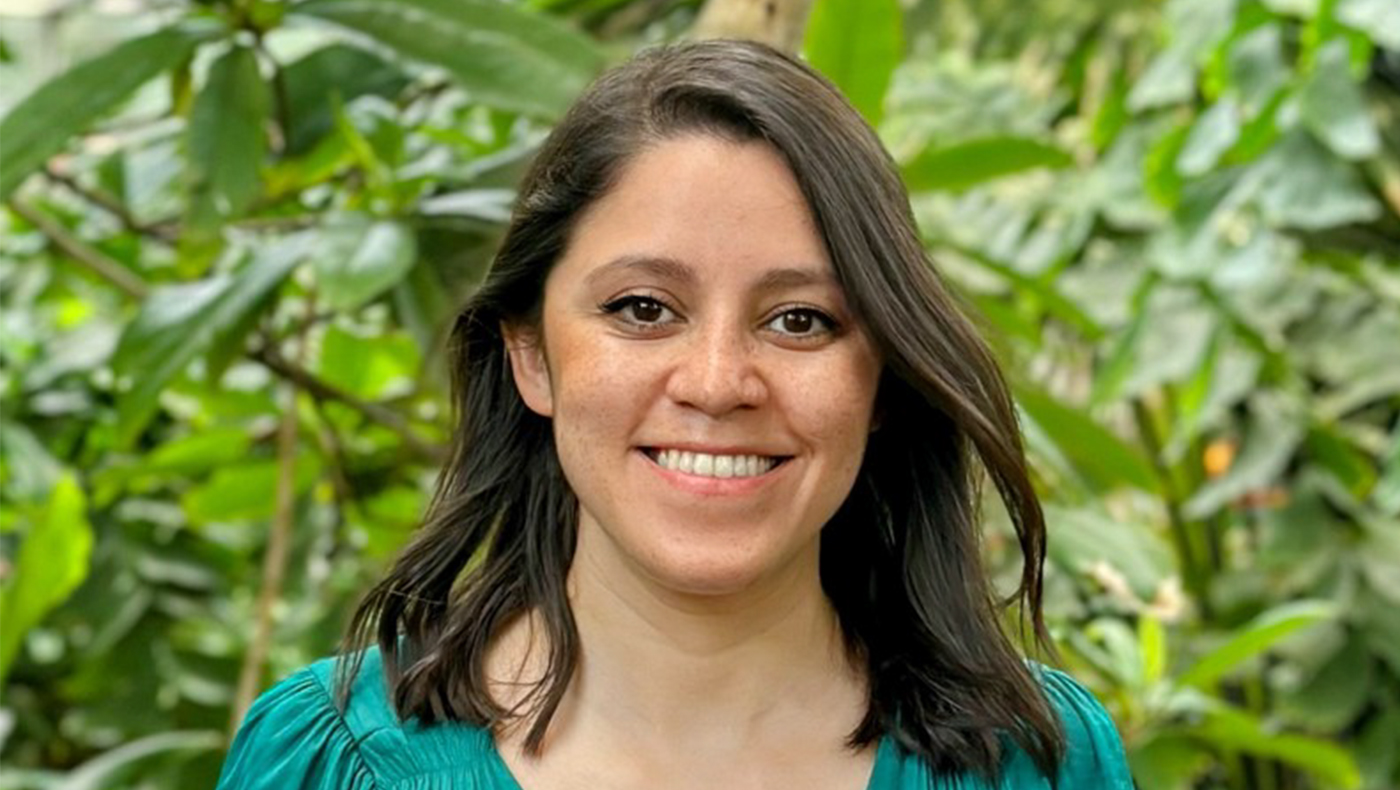Finding passion for energy equity through master's program and co-op

Q&A with Alicia Bustamante, MS Environmental Science and Policy
What’s your name, the program you are currently receiving your master’s in, and your expected graduation?
I am Alicia Bustamante, and I am currently pursuing a Master of Science degree in Environmental Science and Policy, with an anticipated completion date of December 2023.
What is your favorite part about being in the master’s program at Northeastern?
I really appreciate the adaptability of my master’s program and the freedom it gives me to customize my degree based on my specific interests and the courses I find most compelling. Additionally, residing in Boston is a fantastic opportunity as it’s a dynamic city that offers numerous networking events where I can forge connections that will benefit my professional growth.
Which co-op or internship has been your favorite and why?
My time at Palmer Capital during my renewable energy co-op was a truly remarkable opportunity. I acquired extensive knowledge about the industry and its unique challenges. I consider myself fortunate to have gained this valuable experience with Palmer Capital, as it allowed me to attend various events, visit their projects, and even have the thrilling experience of climbing a turbine. This immersive experience not only deepened my understanding of the field but also helped me identify a sector that I hope to explore further in my future endeavors.
What drew you to complete your master’s degree at Northeastern?
The opportunity for a co-op experience played a significant role in my decision to select Northeastern University, alongside its renowned reputation and the expertise of its faculty. Furthermore, the allure of Boston, recognized as one of the most intellectually vibrant cities in the United States, was another crucial factor that influenced my choice to pursue my studies here.
What are you currently researching?
Under the guidance of Professor Laura Kuhl, I recently undertook a directed study focused on examining the existing energy equity initiatives and policies in Chelsea and East Boston. Through my research, I aimed to identify ways to enhance the current state of these communities. It became evident that these areas face significant challenges related to energy burdens, which disproportionately impact low-income individuals and people of color. By viewing the energy burden from a perspective of injustice, we can observe the profound inequalities stemming from income disparities, energy costs, and inefficiencies in housing. As a result, I proposed policy suggestions to address these disparities and promote a more equitable energy landscape in these communities.
What are your plans for the summer/fall semester?
I am thrilled to maintain my dedication to researching and expanding my knowledge in the field of energy equity. In the upcoming fall semester, I have planned to enroll in my final two classes. One of these courses will be a directed study that centers on utilizing ArcGIS to tackle energy equity concerns, specifically in Chelsea. Additionally, I will be taking a class called Energy Democracy and Climate Resilience: Technology, Policy & Social Change. As for the summer, I am excited to continue my on-campus job supporting the Community-Engaged Teaching and Research office at Northeastern. Moreover, I look forward to exploring the captivating city of Boston and its surrounding areas during this time.
Piece of advice for new students
To my fellow international students, I recommend staying persistent, conducting extensive research on post-graduation prospects, and actively engaging in networking activities. Boston offers numerous opportunities to build valuable connections. For those interested in renewable energy, I suggest following YPE Boston (Young Professionals in Energy), as they organize multiple networking events and mentorship programs. Additionally, be open to meeting new people and embracing the thrilling experience of adapting to a new culture.
Author: Nicole Ziner